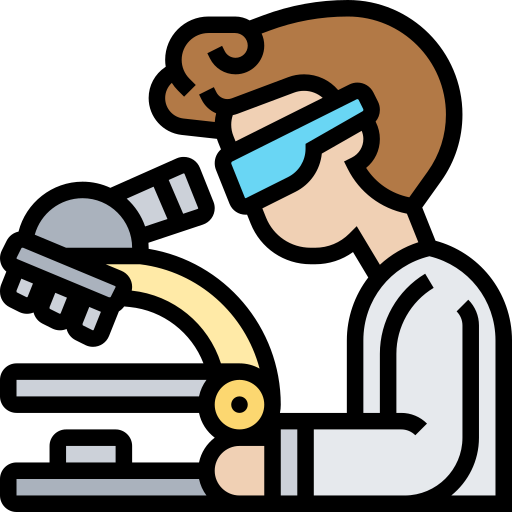By locally training youths to become healthcare professionals, we aim to improve delivery of essential healthcare services and strengthen national operational response to health emergencies and pandemics. Our programs are hybrid (in-person and/or online) to include components of tele-health.
Diploma Courses

Diploma in Clinical Medicine and Community Health (Coming Soon)
The diploma in Clinical Medicine and Community Health spans three years, divided into six 17-week semesters. Trainees undergo 38 courses totalling 134 credit units. The curriculum begins with biomedical sciences like Anatomy and Physiology, progressing to Microbiology and Pathology. The final year focuses on clinical subjects (Medicine, Surgery, Pediatrics, Obstetrics, and Gynecology) and includes clinical attachments in specialty fields, offering clerkships in internal medicine, surgery, obstetrics, gynecology, pediatrics, and child health.
Diploma in Medical Laboratory Technology (Coming Soon)
Diploma in Medical Laboratory Technology is a 3-year program that focuses on diagnosing, treating, and preventing diseases through clinical laboratory tests. This branch of science involves analyzing body fluids and tissues. Technologists prepare slides, tissues, and specimens using laboratory equipment, performing tasks like blood tests and typing. Students learn about diseases and the application of medical laboratory equipment for clinical tests during the course.


Diploma in Nursing (Coming Soon)
The 3-year Diploma in Nursing program incorporates a one-year junior staff nurse training. First-year core subjects cover Biological Science, Behavioral Science, Nursing Foundations, Bioethics, Community Health Nursing, English, and Computer Education. Second-year focuses on Medical-Surgical Nursing, Mental Health, and Child Health Nursing. Third-year subjects include Midwifery, Gynecology Nursing, Community Health Nursing, Nursing Education, Research, Professional Trends, Adjustments, Administration, and Ward Management.
